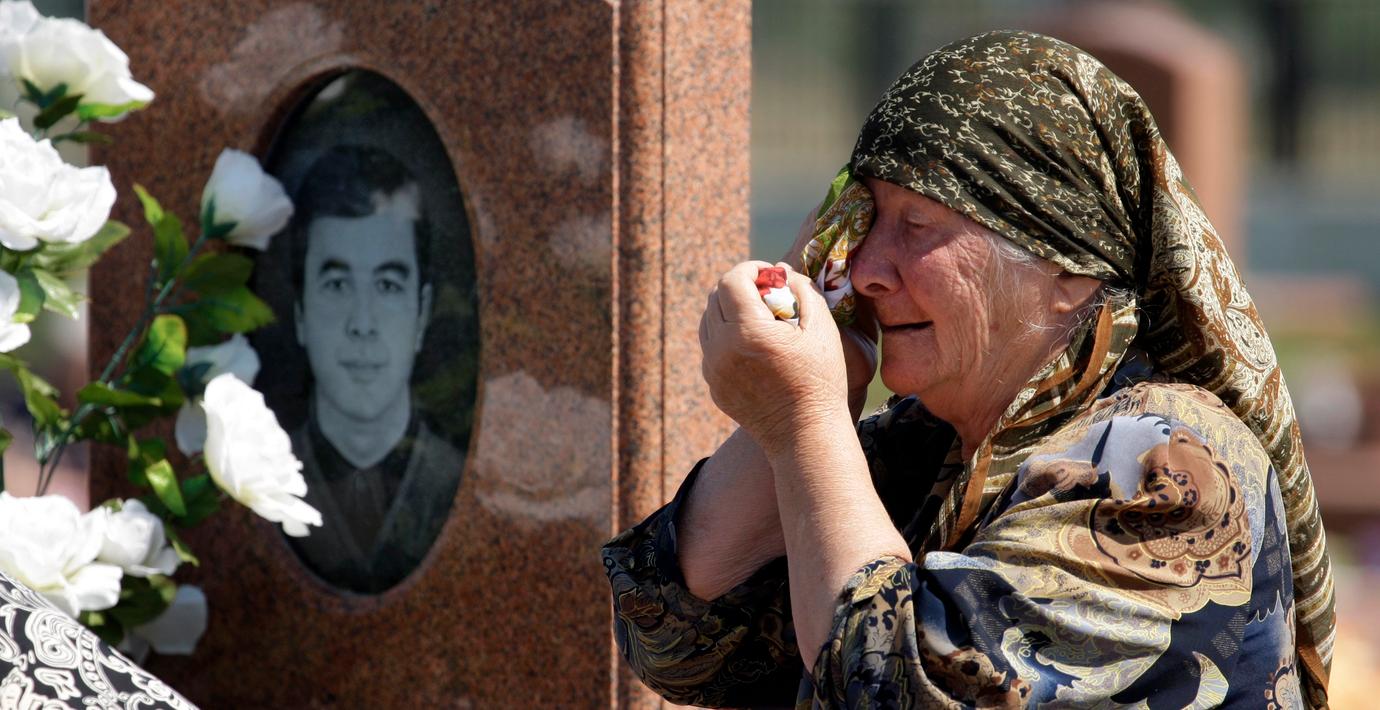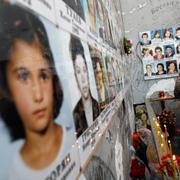bakgrund
Gisslandramat i Beslan
Wikipedia (en)
The Beslan school siege (also referred to as the Beslan school hostage crisis or Beslan massacre) started on 1 September 2004, lasted three days, involved the capture of over 1,100 people as hostages (including 777 children), and ended with the death of at least 385 people. The crisis began when a group of armed Islamic Groups, mostly Ingush and Chechen, occupied School Number One (SNO) in the town of Beslan, North Ossetia (an autonomous republic in the North Caucasus region of the Russian Federation) on 1 September 2004. The hostage-takers were the Riyadus-Salikhin Battalion, sent by the Chechen warlord Shamil Basayev, who demanded recognition of the independence of Chechnya, and Russian withdrawal from Chechnya. On the third day of the standoff, Russian security forces stormed the building with the use of tanks, incendiary rockets and other heavy weapons. At least 330 hostages were killed, including 186 children, with a significant number of people injured and reported missing.
The event led to security and political repercussions in Russia; most notably, it contributed to a series of federal government reforms consolidating power in the Kremlin and strengthening of the powers of the President of Russia. As of 2016, aspects of the crisis in relation to the militants continue to be contentious: questions remain regarding how many terrorists were involved, the nature of their preparations and whether a section of the group had escaped. Questions about the Russian government's management of the crisis have also persisted, including allegations of disinformation and censorship in news media, whether the journalists who were present at Beslan were allowed to freely report on the crisis, the nature and content of negotiations with the terrorists, allocation of responsibility for the eventual outcome, and perceptions that excessive force was used.

